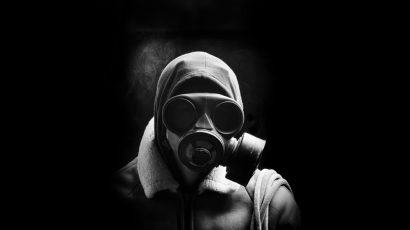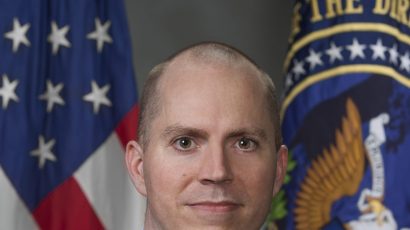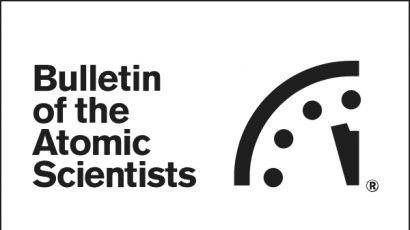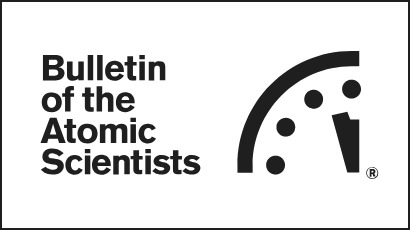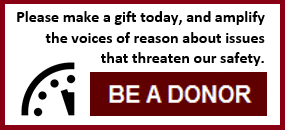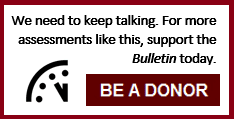Search results for
It is 30 seconds closer to midnight
The full text of the Bulletin Science and Security Board 2017 Doomsday Clock statement, which moved the Clock to two and a half minutes to midnight.
Will the UN sanction Syria over chemical weapons?
In the wake of a new report accusing the Syrian military of a third chemical-weapons attack, Britain and France are now calling for UN sanctions against the government forces responsible, according to recent reporting from Reuters. The latest accusations say Syrian forces used toxic gas in the village of Qmenas in March of last year. The … Continued
Gene drives: The good, the bad, and the hype
It’s good to be cautious about any powerful new technology, but the best approach to Crispr and gene drives will be one based on empirical findings rather than hype.
Can the bioweapons convention survive Crispr?
Members of the Biological Weapons Convention will probably not change the treaty to accommodate for advances in genetic editing. But there is still plenty they can do to make sure Crispr and other new biotechnologies are used safely and peacefully.
The neuroweapons threat
It’s time for the nations of the world to start closing legal and ethical gaps—and taking proper security precautions—if they hope to control the neuroweapons threat.
Biodiversity loss: An existential risk comparable to climate change
Biodiversity loss isn’t just a side effect of climate change. It’s also a causal factor driving climate change, and a consequence of other environmental problems that are being neglected.
It is still three minutes to midnight
In keeping the hands of the Doomsday Clock at three minutes to midnight, the members of the Bulletin of the Atomic Scientists Science and Security Board mean to make a clear statement: The world situation remains highly threatening to humanity, and decisive action to reduce the danger posed by nuclear weapons and climate change is urgently required.
Ethics on the near-future battlefield
From deciding which soldiers to enhance, to figuring out which enemies to disable, tomorrow’s military leaders will face a host of thorny moral dilemmas.
A Crispr future
The revolutionary gene-editing technique known as Crispr-Cas9 has the potential to change the world as we know it, which is why we need to oversee this technology with extreme caution.
Bad chemistry: ISIS and mustard agents
Chemical warfare is still alive and well in Syria and Iraq, because of an enduring belief among regional actors that chemical weapons will get the job done.
The next epidemic, brought to you by the US government
Why is the Department of Homeland Security moving dangerous animal disease research to America’s agricultural heartland?
Small groups, dangerous technology: Can they be controlled?
A review of The Future of Violence
What Africa really needs to fight Ebola and other emerging diseases: anti-corruption efforts
What Africa really needs to address its pandemic disease problems is reduced corruption, so money sent to lay the foundations of public health actually is used as intended
A message from Tripoli, Part 5: How Libya gave up its WMD
What drove Qaddafi to decide to eliminate his proscribed weapons programs? Could those conditions be replicated elsewhere?
A message from Tripoli, Part 2: How Libya gave up its WMD
Second installment of a series on on how Libya was persuaded to relinquish its weapons of mass destruction
A message from Tripoli: How Libya gave up its WMD
The first installment of a five-part series exploring the diplomacy and intelligence efforts that led Libya and its quixotic leader, Muammar al-Qaddafi, to relinquish that country's weapons of mass destruction
Ebola: A slow-motion atomic bomb
The Ebola outbreak is by no means under control. To reduce the transmission rate sufficiently to end the epidemic requires steps toward earlier diagnosis, followed by rapid isolation and treatment.
ISIS vs. Ebola
The United States has prioritized the wrong threat—to dangerous effect
